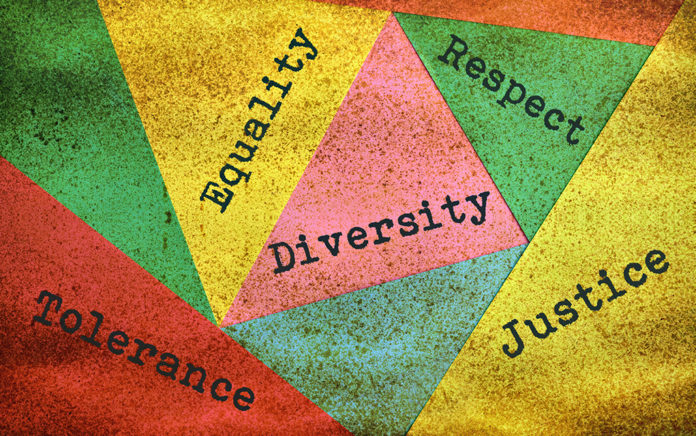Pastors, if we do not bring it up, it is as if we do not know what is going on in the world where Christ seeks to make a difference in and through us. Here are a few things we can do to address the recent racial tensions:
Pastoral Prayer
As you know, this is a hobbyhorse that any style church service needs as opposed to just a spontaneous ad-lib prayer while strumming the guitar. As part of my Praise/Repent/Ask/Yield 2–3 minute prayer built into the worship rather than at the start of the sermon, I would include:
1. Praise: Offer up praise that he is Lord of all people, and that he desires love from all of us because he is loving and just.
2. Repent: In the silent confession moments, I would ask people to admit any needs in the area of prejudice or love.
3. Ask: One of the requests would certainly be that we would directly have wisdom and courage to love all people in the manner of our Lord and also have an influence for good wherever we are.
Another request would be for healing in our land and wisdom for our leaders to stop fighting each other and care for people and the best for our country.
(If possible I would love to do this back-and-forth with a person of another color.)
4. Yield: Embrace a verse that calls for forgiveness and love and unity.
Interview (video or live)
Allow someone to tell the sting they have experienced or the change in heart our Lord has given them could be strong.
Sermon
Almost every text would have a phrase where you could stand to the side and talk warmly and candidly about how you feel and how our Lord must feel when he sees someone killing another person made in the image of God.
For instance, in Psalm 23, either verse 3 or verse 6 would be a natural, especially if God has restored your soul in the area of love for others, or helped you experience his mercy in a better way to show to people who have been hurt.
Or, pick two of the best-known verses, for example in John 3:16, to show without any reservation what it means that “God so loved the world,” all people, all races.”
Again, it is good for people to hear from the person, not just the preacher. That happens with a change of pace, warm conversation, standing to the side and admitting need and grace to help.
Communication During the Week
1. Send an email telling what is ahead for Sunday: a short prayer and plea for our people to pray for healing and mercy and wisdom.
2. Make a video: Many pastors have become warm communicators “talking to a camera,” knowing they are really talking to people they love, that I have urged them to make a 60-second video spot every week at a different location maybe tied to the theme, to talk about Sunday and raise curiosity. Some people will pass it on to a friend they have been inviting. On this video, pastors can just say they want to say a word about our nation’s pain also.
3. Talk privately and on Staff: This can be an important time to assess needs, call for prayer and be sure of habits, phrases or neglect that could contribute to the great divide.

